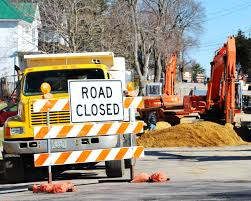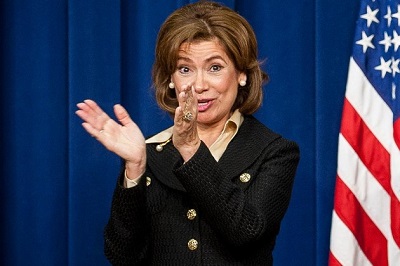Bill Will Assist Small Veteran Business Owners
By Debbie Gregory.
The U.S. House of Representatives recently approved H.R. 1694, the Fairness to Veterans for Infrastructure Investment Act. The legislation would include veterans in the Department of Transportation’s Disadvantaged Business Enterprise (DBE) program and would provide parity for the nearly 1 million veterans who are small business owners seeking government contracts. This would level the playing field in federal contracting for veteran-owned businesses by providing veterans access to existing preferences authorized for transportation projects.
Sponsored by Reps. Mike Fitzpatrick (R-Pa.), Cheri Bustos (D-Ill.) and Don Young (R-Alaska), the legislation calls for states that receive federal money for transportation projects to included veteran-owned businesses in their contracting processes. They added that there are 380,000 construction firms that are owned by veterans in the U.S. that could help build projects across the nation.
Currently, only half of the states meet their DBE goals. Adding veteran small businesses to this program would increase the pool of eligible firms at the states’ disposal. For states that already meet their goals, this bill does not affect them or the small business contractors they employ.
“Our veterans are the most highly skilled workforce in America’s history – the product of rigorous training, an iron-clad commitment to teamwork and the remarkable ability to succeed where others might fail,” said Fitzpatrick. He continued. “We need Fairness to Veterans so we are leveraging the unique strengths of veteran entrepreneurs to address the challenges at home.”
“There’s no question that America’s veterans, who have sacrificed so much for the greater good, are able and ready to put their battle tested skills towards improving our nation’s roads, highways, and critical infrastructure projects,” said Young
The legislation now goes on to the Senate for consideration. The text of the bill is available on the Congress.gov website.









